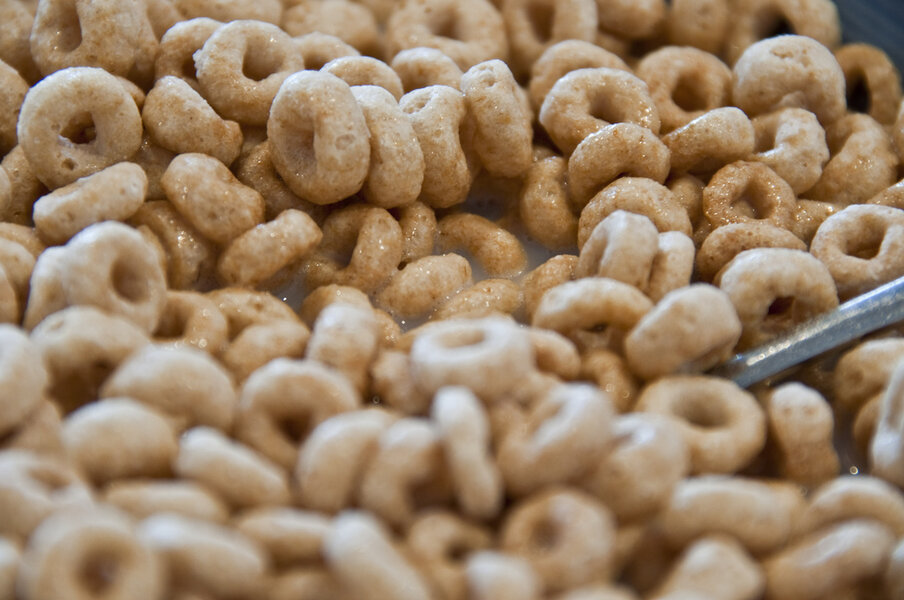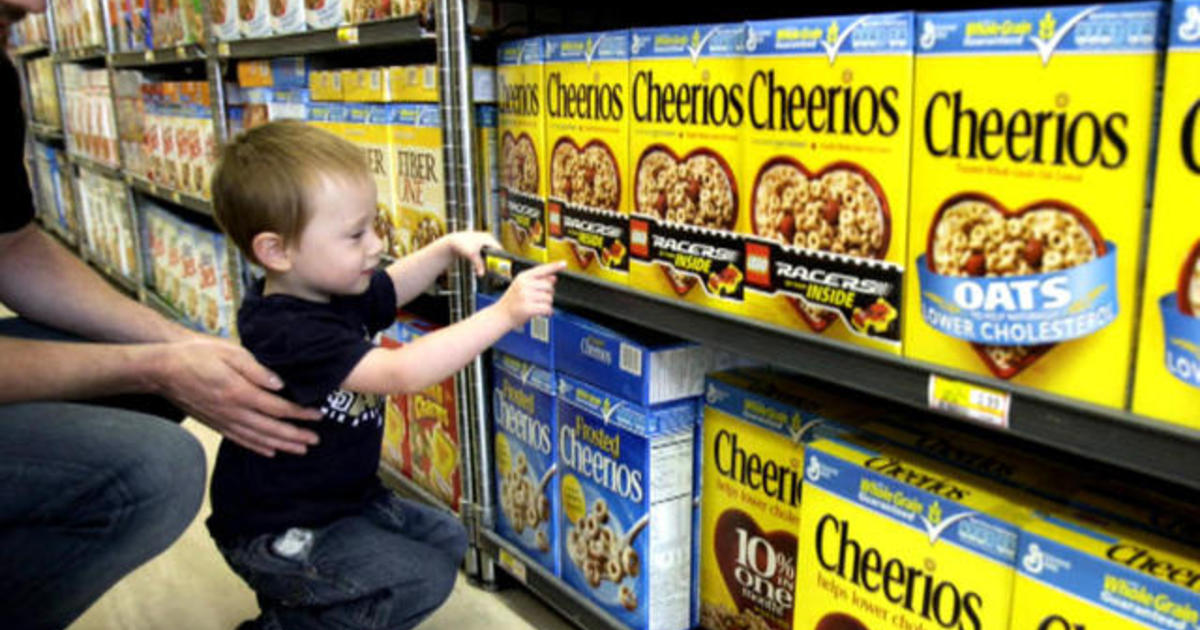Are the breakfast cereals on your table as wholesome as you believe? Recent developments surrounding General Mills' Cheerios and Honey Nut Cheerios paint a concerning picture, raising questions about the safety and integrity of a beloved breakfast staple.
A series of events, including recalls and a class-action lawsuit, have brought the manufacturing practices and potential health impacts of these cereals under scrutiny. This article dives deep into the specifics of these events, examining the issues at hand, and providing a comprehensive overview of the current situation.
One of the earliest incidents that sparked concern occurred in July 2015. At a production facility located in Lodi, California, an accidental introduction of wheat flour into the gluten-free oat flour system took place. This resulted in the unintentional inclusion of an allergen, specifically wheat, in the original Cheerios and Honey Nut Cheerios. The contamination, however, wasn't immediately detected. It was only uncovered a few months later, leading to a recall of the affected products.
The recall, impacting millions of boxes, was a Class I product recall, highlighting the seriousness of the issue due to the presence of an undeclared allergen. Boxes of Cheerios with "better if used by" dates between July 14 and July 17, 2016, and Honey Nut Cheerios with dates from July 12 to July 25, 2016, were identified as potentially containing wheat flour. The boxes had the plant code "LD," indicating their origin from the Lodi facility.
This wasn't an isolated incident. General Mills has faced other challenges. The company has also dealt with other problems. The Quaker Oats Company, a separate entity but one that often operates in the same sphere, has issued recalls of its products as well, adding more complexity to the food safety landscape.
Beyond the allergen issue, Cheerios and Honey Nut Cheerios are now at the center of a class-action lawsuit. This lawsuit alleges that the cereals contain "dangerous levels" of chlormequat chloride, a chemical pesticide used as a plant growth regulator. Even at low levels, the lawsuit claims, this chemical can be harmful to human health. The plaintiffs in the case, represented by Charles C. Necaise, et al., are bringing the suit against General Mills Inc. in the District Court for the Southern District of California.
The presence of chlormequat in food products has raised widespread concerns. A study published in the Journal of Exposure Science & Environmental Epidemiology revealed that 80% of tested Americans had detectable levels of chlormequat in their systems. This alarming statistic underscores the potential for widespread exposure to the chemical.
The recent food safety concerns involving Cheerios and Honey Nut Cheerios have prompted a closer look at the company's manufacturing practices. While accidental contamination and pesticide concerns are separate issues, both raise important questions about food safety standards and the potential for unintended consequences.
In light of the incidents surrounding Cheerios and Honey Nut Cheerios, consumers are left with questions. Has the integrity of this breakfast staple been compromised? What are the long-term health implications of the issues? How can consumers be certain that the foods they consume are safe? These are critical questions that require careful consideration and thorough investigation.
The legal case, Necaise, et al. v. General Mills Inc., sheds light on a broader issue: the presence of pesticides in our food supply. The environmental working group cited both Cheerios and Quaker Oats in a report on chlormequat. This is a major matter. Consumers and regulators alike need to ask hard questions about the levels of chemical exposure we accept in our food.
The recall process, as exemplified by the Cheerios case, is a complex process. General Mills President of the Cereal Division, Jim Murphy, announced the recall on the company's website, a move that highlights the importance of transparency in such situations. The fact that recalls are not always accompanied by public press releases underlines the need for consumers to stay informed and vigilant. The U.S. Food and Drug Administration (FDA) data provides valuable insight into the frequency of food recalls.
These developments serve as a reminder of the importance of food safety regulations and the need for ongoing vigilance in the food industry. The incidents at the Lodi facility, the recall of potentially contaminated products, and the class-action lawsuit all point to the fact that food safety is an ongoing concern. As consumers, we must make informed decisions based on transparent information and rigorous oversight.
The Quaker Oats Company also issued recalls of granola bars and granola cereals due to potential salmonella contamination. This adds yet another layer of complexity to the discussion about food safety.
Beyond these, the food industry is not immune to other types of recalls. The October 2023 recall of cinnamon apple puree and applesauce products due to elevated lead levels is yet another illustration of the intricate challenges faced by food producers.
The incidents related to Cheerios serve as a case study for the industry. It's important to evaluate what the companies are doing to address these problems.
The Cheerios saga is a complex story with many moving parts. It involves ingredient mix-ups, concerns about pesticides, and legal battles. To stay well-informed, consumers need to keep an eye on food safety news. The outcome of the lawsuit and the details of the recall can affect consumers. It's important to get information from credible sources.
Have you purchased Cheerios products recently, particularly in California? Your feedback and experiences are welcome. The more we understand the impact of these issues, the better we can safeguard ourselves and our families.
The legal battle surrounding Cheerios is more than a simple food safety issue. It reflects larger questions about food production and its impact on the environment and our health. These issues are important, and they need continuous public examination.

:quality(70)/arc-anglerfish-arc2-prod-cmg.s3.amazonaws.com/public/XGEUSAEPZUEKVBT4WWKBBGOAZQ.jpg)
